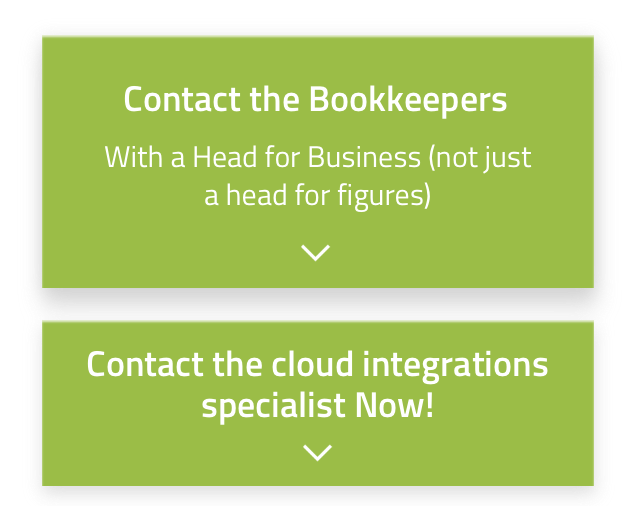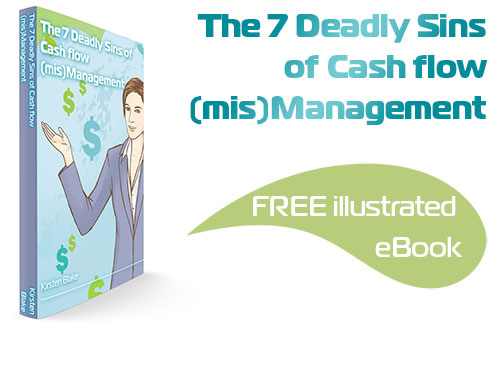

Let's Chat!
Tailoring the right solution for each business is what we are passionate about. Based on an initial chat with you, we'll be able to prepare a unique proposal for you and your business. We are based in Brisbane
Take a moment to connect with us using the form below, or call us directly on:
1300 255 337 (Mon. to Fri. 10 am - 4 pm):
Maybe you think it’s no big deal to use your personal bank accounts for business expenses and vice versa. But if this is the case, take a moment to consider this: have you ever thought of the indirect effect this has on your cash flow? Firstly, if you mix all of your personal and business expenses up, how are you ever going to keep track of what money is yours and what money belongs to the business? This is one of the key reasons people constantly come to me with the question I shared at the start of this article. Not being aware of your true position is like cash flow suicide!
But here’s something you may not have thought of: If you continue this practice because you reason that:
- You have a bookkeeper and,
- You know, they can sort it out;
Then how much extra is this costing you? You expect them to look at your bank statement and just inherently know what’s business and what’s personal? Wrong. They won’t always know and they’ll have to ask. Consequence? Time. You give them extra accounts they have to reconcile in the books to satisfy legal requirements. Consequence? More time. After all, time = money. So to avoid having to fork out extra, just keep them separate. Keep your business income and expenses in the business accounts and transfer what you have calculated to ’pay’ yourself into your personal accounts to meet personal expenses.
Cash in the bank does not equal business cash flow if you don’t separate your personal accounts and spending.

Subscribe by email and instantly get FREE Illustrated eBook. Adequate ‘positive’ cash flow is essential for the survival of any business, yet this is something that over 50% of small business owners struggle to manage.

